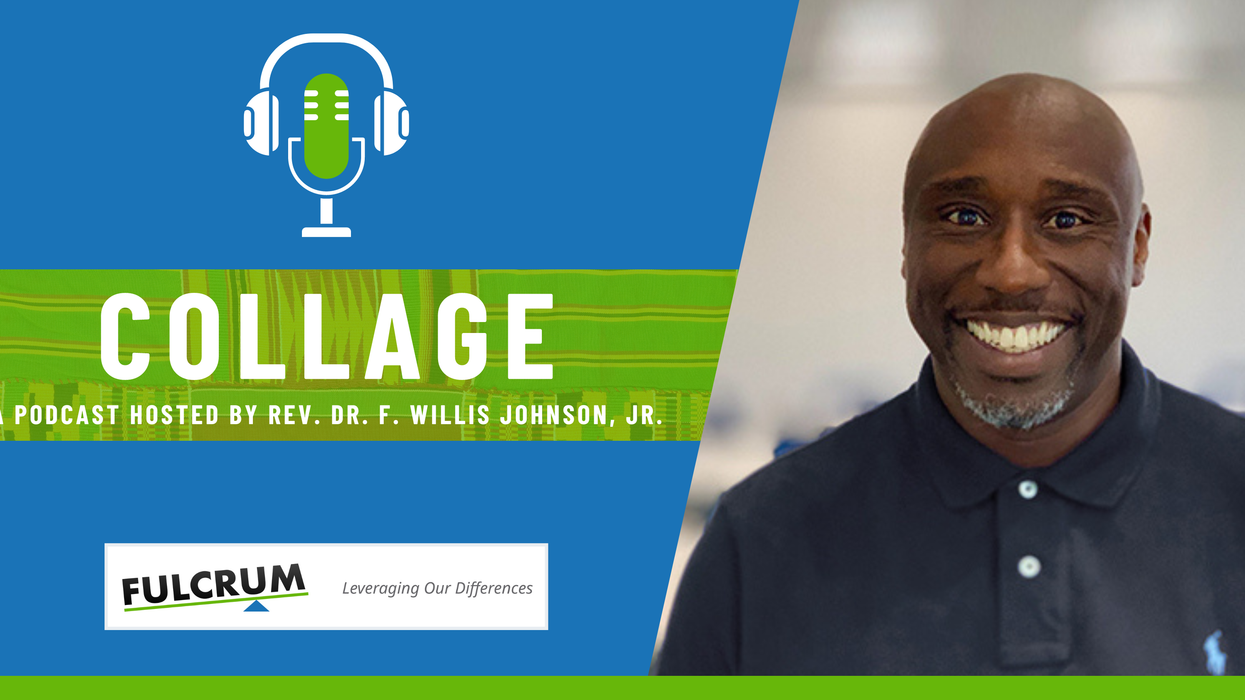In this episode of “Collage,” the Rev. F. Willis Johnson interviews Ryon J. Cobb, an assistant professor of Social Work at Rutgers University. His research interests focus on social determinants and consequences of population health, health disparities and the religious dimensions of racial attitudes among adults.
Shifting ground: Influence of race and faith on social engagement




















